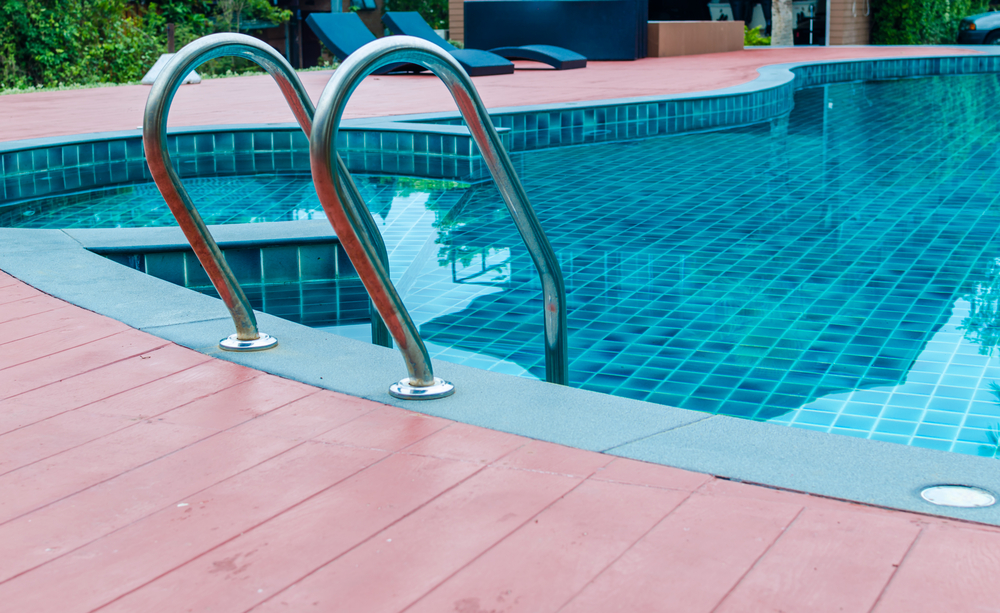In part one of this two-part blog series, we went over some basics on what are known as prefab swimming pools. Referring to options that are fully manufactured in a facility before being shipped to you for installation upon purchase, prefab pools are often ideal for many homeowners when it comes to basic installation and various maintenance themes.
At Packman’s Pools, we’re proud to offer a huge range of custom swimming pool design and construction services for numerous pool formats. If you’re considering a prefab pool design of any kind, chances are you’ll be choosing between the two most common materials used for these designs: Concrete and fiberglass. Today’s part two of our series will go over some important pool variables, then discuss which of these materials is best for each area.

Flexibility
When it comes to flexibility and the ability to withstand rocking or various forms of movement, fiberglass prefab pools tend to be the preferred option over concrete. Fiberglass is much more flexible than concrete, as you may have guessed, allowing for some wiggle room in either direction – concrete, on the other hand, is extremely rigid.
This means that if movement does occur, whether due to soil shifting underground or some kind of above-ground impact, fiberglass pools have lower risk of cracking. Concrete pools are still highly durable here, but strong enough movement might lead to cracks due to their lack of flexibility.
Shape Variety
Shape variety is one area where both concrete and fiberglass options boast good variation, but once again fiberglass tends to be the overall winner here. Generally speaking, there are just fewer shape varieties out there for concrete prefab pools, which are a bit tougher to manipulate during manufacturing – on the flip side, there are hundreds of different fiberglass prefab pool shapes, sizes and depths to choose from.
Surface Options
One area where concrete prefab pools hold an advantage is in their surface options. Fiberglass pools almost always come with a gelcoat surface, which is fine for most pool owners – but if you prefer a surface like plaster, pebble or even tile, concrete is your best bet.
Maintenance Themes
However, one major consideration if you’re moving away from the gelcoat surface: All other surfaces come with some pretty significant maintenance needs, which gelcoat does not. It’s smooth and nonporous, keeping away algae and making standard cleaning incredibly easy. Surfaces like plaster or tile, on the other hand, will require a bit more in-depth care, which is fine for some pool owners but not desirable for certain others.
For more on choosing between concrete and fiberglass for a prefab swimming pool, or to learn about any of our swimming pool or custom spa services, speak to the staff at Packman’s Pools today.

